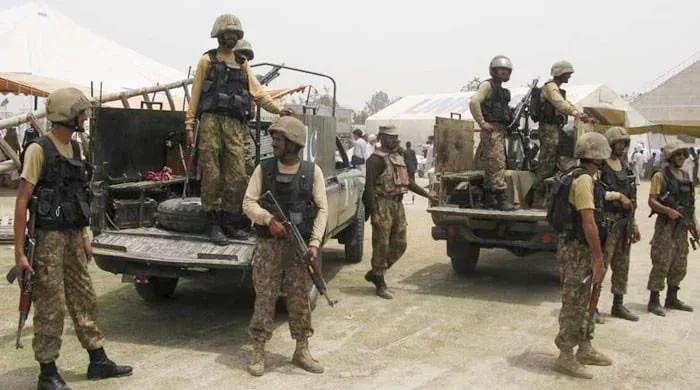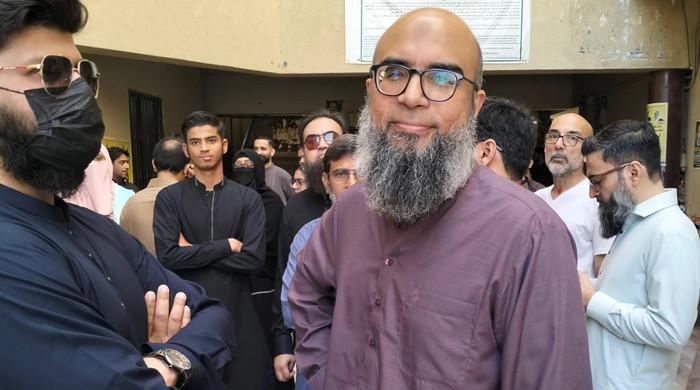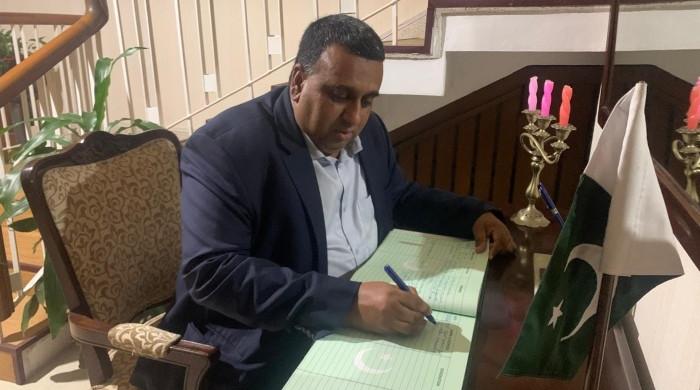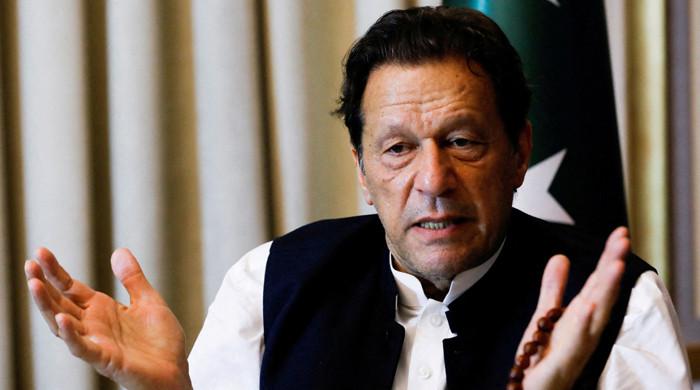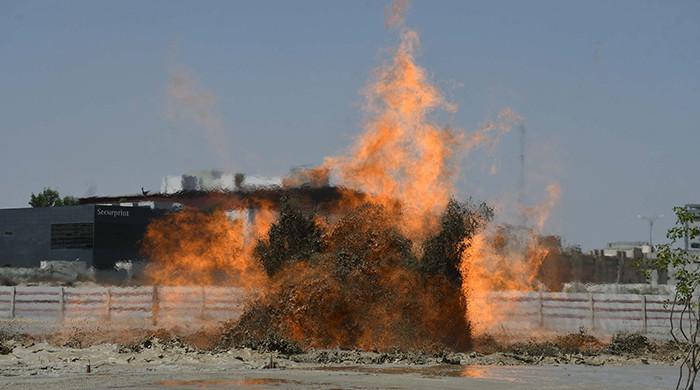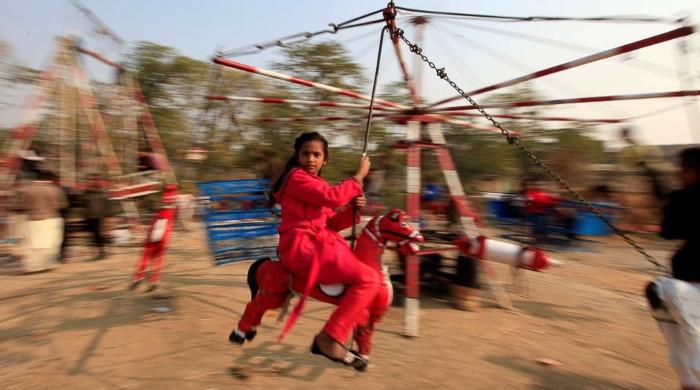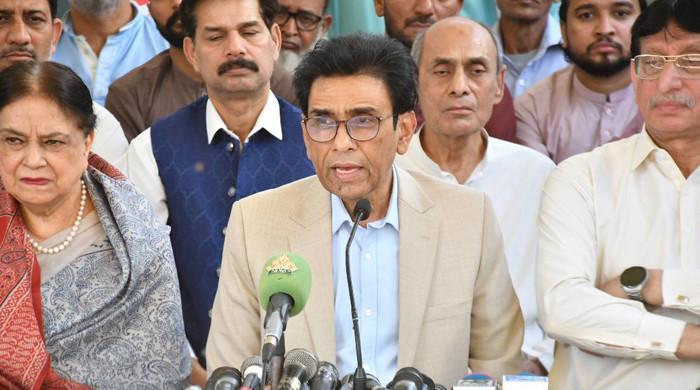Senate panel demands IPPs agreement review, slams ‘confused’ power relief policies
Senators urge authorities to insulate power consumers using up to 200 units monthly from tariff hikes
September 06, 2023
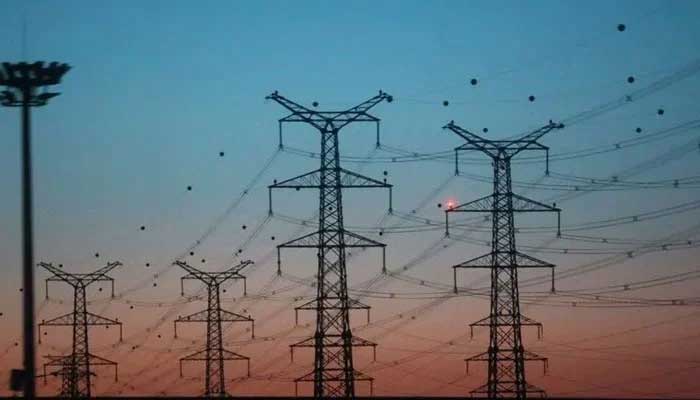
- Senators demand policies to save vulnerable classes from tariff hikes.
- Committee expresses concerns about the IPPs payment criteria.
- Officials indicate public would benefit from revised agreements.
ISLAMABAD: The Senate’s Standing Committee on Power on Tuesday slammed “intricate and confused” policies related to relief for domestic electricity consumers and demanded a review of agreements with Independent Power Producers (IPPs), The News reported.
The panel urged the authorities concerned to insulate those power consumers using up to 200 units monthly from tariff hikes, along with the provision of a single-tier benefit.
The senators urged the formulation of policies to save vulnerable classes from daily tariff hikes. For controlling the power theft, the distribution companies have done nothing, they added.
The committee was convened here to discuss the recent surge in electricity rates, which has sparked civil unrest and discontent among the general population. During the meeting, the committee received a detailed briefing from the Power Division.
Senator Saifullah Abro emphasised that resolving the nation’s energy crisis requires a comprehensive review of IPP agreements, price re-evaluation within legal bounds, and improved oversight to prevent over-invoicing. He also stressed the importance of examining the energy infrastructure for clauses related to misinformation and fraud.
The committee expressed concerns about the IPPs payment criteria. It demanded transparency, criticising the absence of a 10-year payment breakdown, and castigated the Central Power Purchasing Agency (CPPA) for lacking financial detail knowledge. The committee emphasised that qualified appointments within the Power Division are essential to address the public’s relief needs.
Senator Bahramand Khan Tangi said that the employees of power distribution companies are involved in corruption and also facilitating people in power theft and nobody is making them accountable.
The officials of the Power Division conveyed that the Ministry of Finance is in negotiations with the International Monetary Fund (IMF). “We have to operate within the parameters of the Fund-agreed framework.”
In response, Tangi asked whether the IMF had stopped them from controlling power theft and default.
The committee sought details on the breakdown of 44,943 MW installed capacity, but the Power Division was unable to provide an answer. The panel was informed that the current infrastructure could support a total consumption of 26,000 MWs.
The Power Division also disclosed that even during the annual maintenance of their plants, the IPPs were paid capacity charges.
The committee further inquired about the IPPs’ demand for capacity payments, to which the ministry once again failed to provide a response. The officials indicated that the public would benefit from revised agreements with the IPPs. The committee sought detailed data on the IPPs, estimated figures of tariff and the basis on which it was earlier finalised.
It also inquired about the policies addressing electricity theft and illegal “kunda” connections. The officials reported 78,000 FIRs filed and complaints against 12,000 individuals.
During deliberations on the rebasing of the financial year 2022-23, the committee was informed that 63.5% of total domestic consumers would experience no tariff increase.
Additionally, 31.6% of total domestic consumers would see their tariffs rise from Rs3 to Rs6.5 per unit. Furthermore, 4.9% of the domestic consumers would face a tariff increase of Rs7.5 per unit. The average tariff increase for domestic consumers would amount to Rs3.82 per unit, while all other categories would experience a tariff increase of Rs7.5 per unit.
During discussions concerning the budgeted subsidies for the fiscal year 2024, the committee revealed that a total subsidy of Rs976 billion has been allocated for the power sector.
Of this amount, Rs158 billion is designated for distribution companies, Rs169 billion is allocated for the KE (Karachi Electric), and Rs82 billion is earmarked for interest-related expenses of the Power Holding Company. An additional subsidy of Rs126 billion is included specifically for the KE.




